Grenada’s Economy
Grenada has a largely tourism-based, small, open economy. Over the past two decades, the economy has shifted from one of agriculture-dominant into that of services-dominant, with tourism serving as the leading foreign currency earning sector. The country’s principal export crops are the spices nutmeg and mace (Grenada is the world’s second largest producer of nutmeg after Indonesia). Other crops for export include cocoa, citrus fruits, bananas, cloves, and cinnamon. Manufacturing industries in Grenada operate mostly on a small scale, including production of beverages and other foodstuffs, textiles, and the assembly of electronic components for export.
Hurricanes Ivan (2004) and Emily (2005) severely damaged the nutmeg industry, which was previously a key driver of economic growth, and the industry is not expected to recover in the near-term. The agricultural sector, particularly nutmeg and cocoa cultivation, has gradually recovered from the hurricanes, and the tourism sector has seen substantial increases in foreign direct investment as the regional share of the tourism market increases. Strong performances in construction and manufacturing, together with the development of an offshore financial industry, have also contributed to growth in national output; however, economic growth will likely slow in 2009 because of the global economic slowdown’s effects on tourism and remittances. Grenada has rebounded from the devastating effects of Hurricanes Ivan and Emily, but is now saddled with the debt burden from the rebuilding process. Public debt-to-GDP is nearly 110%, leaving the THOMAS administration limited room to engage in public investments and social spending.
GDP (purchasing power parity):
$1.211 billion (2008 est.)
$1.168 billion (2007)
$1.12 billion (2006)
Note: data are in 2008 US dollars
GDP (official exchange rate):
$657 million (2008 est.)
GDP – real growth rate:
3.7% (2008 est.)
4.3% (2007 est.)
-1.1% (2006 est.)
GDP – per capita:
$13,400 (2008 est.)
$13,000 (2007 est.)
$12,500 (2006 est.)
Note: data are in 2008 US dollars
GDP – composition by sector:
Agriculture: 5.4%
Industry: 18%
Services: 76.6% (2003)
Labor force:
42,300 (1996)
Labor force – by occupation:
Agriculture: 24%
Industry: 14%
Services: 62% (1999 est.)
Unemployment rate:
12.5% (2000)
Household income or consumption by percentage share:
Lowest 10%: NA%
Highest 10%: NA%
Budget:
Revenues: $85.8 million
Expenditures: $102.1 million (1997)
Inflation rate (consumer prices):
3.7% (2007 est.)
Central bank discount rate:
6.5% (31 December 2007)
Commercial bank prime lending rate:
9.76% (31 December 2007)
Stock of money:
$151.2 million (31 December 2007)
Stock of quasi money:
$533.4 million (31 December 2007)
Stock of domestic credit:
$575.8 million (31 December 2007)
Market value of publicly traded shares:
$N/A
Agriculture – products:
Bananas, cocoa, nutmeg, mace, citrus, avocados, root crops, sugarcane, corn, vegetables
Industries:
Food and beverages, textiles, light assembly operations, tourism, construction
Electricity – production:
167.2 million kWh (2006 est.)
Electricity – consumption:
144.2 million kWh (2006 est.)
Electricity – exports:
0 kWh (2007 est.)
Electricity – imports:
0 kWh (2007 est.)
Oil – production:
0 bbl/day (2007 est.)
Oil – consumption:
2,043 bbl/day (2006 est.)
Oil – exports:
0 bbl/day (2005)
Oil – imports:
1,844 bbl/day (2005)
Oil – proved reserves:
0 bbl (1 January 2006 est.)
Natural gas – production:
0 cu m (2007 est.)
Natural gas – consumption:
0 cu m (2007 est.)
Natural gas – exports:
0 cu m (2007 est.)
Natural gas – imports:
0 cu m (2007 est.)
Natural gas – proved reserves:
0 cu m (1 January 2006 est.)
Current account balance:
-$138 million (2007 est.)
Exports:
$38 million (2006)
Exports – commodities:
Bananas, cocoa, nutmeg, fruit and vegetables, clothing, mace
Exports – partners:
Jamaica 92.8%, Saint Lucia 1.3%, US 1.2% (2007)
Imports:
$343 million f.o.b. (2006)
Imports – commodities:
Food, manufactured goods, machinery, chemicals, fuel
Imports – partners:
Trinidad and Tobago 36.5%, US 23.3%, Italy 4.1% (2007)
Debt – external:
$347 million (2004)
Exchange rates:
East Caribbean dollars (XCD) per US dollar – 2.7 (2007), 2.7 (2006), 2.7 (2005), 2.7 (2004), 2.7 (2003)
